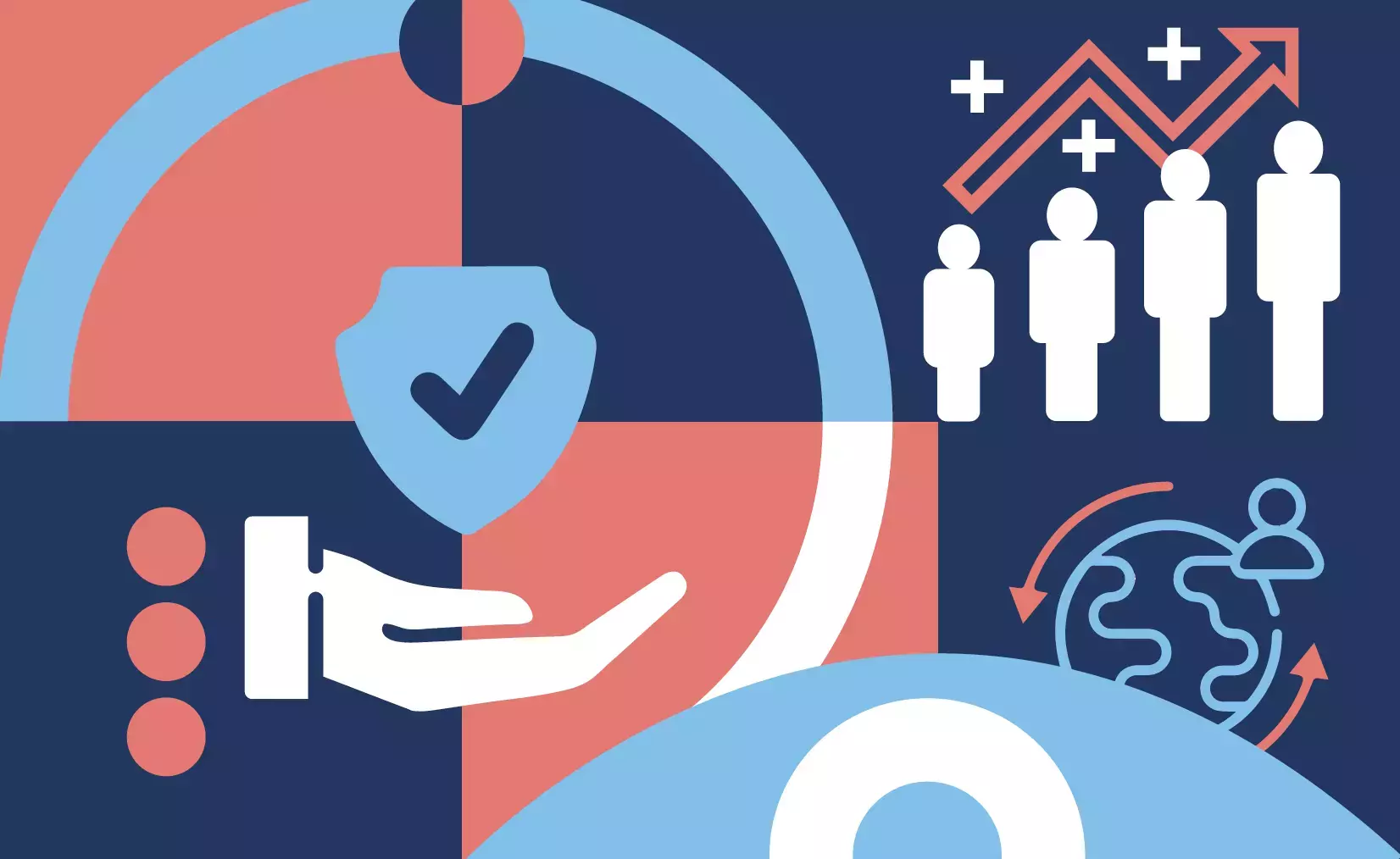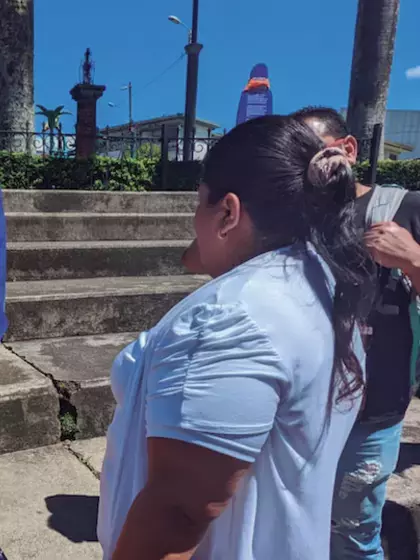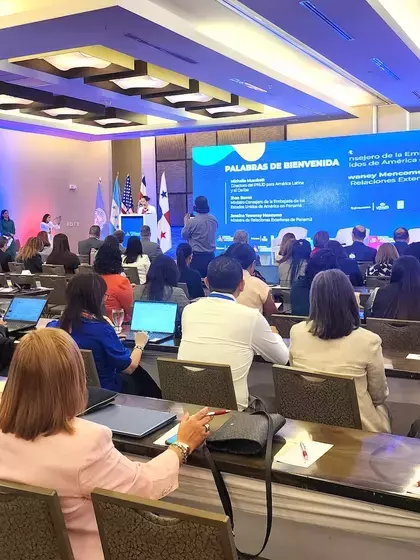A decade of evidence-informed policymaking

Evidence is the strongest basis for public policy processes to be transformative. Design takes planning. Implementation requires monitoring and evaluation for improved outcomes. Statistical information from multiple sources, multidimensional analyses, systematized learning and sharing best practices and experiences come together to make for a well-founded and reliable policy cycle.
By reinforcing their capacities and shifting towards evidence-based policy approaches, governments strengthen good governance, shift the time-horizons for achieving objectives, promote development and this ultimately has an impact on people's wellbeing.
The InfoSegura Project—a strategic UNDP/USAID partnership—has leveraged this approach to do joint, coordinated and sustained work with government institutions in Central America and Dominican Republic for the last 10 years, adding value to decision-making processes for citizen security and justice.
In all, the InfoSegura Project has contributed to the design of 120 public-sector plans, policies, laws and strategies for improving citizen security and reducing violence against women and girls with a set of tools that have enhanced institutional capacities for managing and addressing violence and the lack of security.
Some of the contributions in this period, as follows:
- In 2015, an index was created in El Salvador, comprising nine citizen security indicators and three risk factors with five municipal rankings, used for prioritizing citizen security actions in 50 municipalities.
- Designed and upgraded the Territorial Prioritization Index on Violence against Women and Girls in Guatemala, which generates information in territories where crimes and threats to women and girls are concentrated. The Ministry of Governance incorporated it in its efforts to target actions for the prevention and eradication of violence against women and girls.
- Designed the territorial targeting index for violence against women and girls that Honduras used in its municipal classification process that ranked eight municipalities where the impact of violence is highest (Distrito Central, San Pedro Sula, La Ceiba, Comayagua, Choloma, Gracias, Danlí, El Progreso, Olanchito and Juticalpa) to target violence prevention actions there.
- Designed a tool to monitor multidimensional violence against women and girls to analyse the evolution of violence from a multidimensional approach, based on aggregated indicators of acts of violence, institutional capacity for response to the issue and factors associated with the dynamics of violence.
- This tool is being applied in Honduras in coordination with the National Women’s Institute
- In Guatemala, applied it with the National Coordinator for Prevention of Intrafamily Violence Against Women (CONAPREVI), the public–private policy advisory group for prevention/sanction of violence against women and girls
- Designed and upgraded the Territorial Prioritization Index (El Salvador, Honduras and Guatemala) on which users can see the municipalities where security threats are concentrated. The Honduran Government leveraged this index as a tool and input when it created the 2023-2032 Coexistence and Citizen Security Policy. The Government of Guatemala used it to focus actions to respond to citizen security issues.
- At the regional level, the Comprehensive Violence Prevention Index is aligned with the 2030 Agenda and the SDGs and uses a rights-based and gender-responsive approach to measure the way violence evolves and the impact it has on citizens from a multidimensional perspective.
- The National Civil Police advanced crime analyser was developed and deployed in El Salvador, providing the population with the means to query the crimes reported and registered on the institutional database: extortion, homicide, different kinds of robbery and theft, injuries, kidnappings and instances of rape. This experience was then applied for the Secretariat for Education in Honduras, which uses it to identify schools that are most at risk and have the highest rates of insecurity.
- In El Salvador, the School Citizen-Security Prioritization Index (IPCESC) was created and two tools were designed, a data visualization tool for victims of economic violence, and an administrative data georeferencing tool on road traffic fatalities provided by the National Civil Police (PNC).
- Comprehensive Violence Prevention Index for Guatemala monitors insecurity from a multidimensional perspective, by monitoring indicators on insecurity, violence, institutional effectiveness and governance, socioeconomic opportunities and vulnerabilities.
SALVE, an example to follow
Under the purview of the Ministry of Education, Science and Technology (MINEDUCYT) of El Salvador, the School Violence Warning System (SALVE), is among the innovative tools InfoSegura supports to reinforce violence prevention and control in schools and communities.
SALVE is a tool for detecting acts of violence that affect education settings, such as sexual and street harassment, bullying, sexual violence, threats, extortion, theft and drug sale or use in and around the school.
The alerts SALVE has generated since it was launched in 2019 generate information that can be used as input in policy design and in developing strategies and plans for preventing and reducing violence that affects educational communities.





